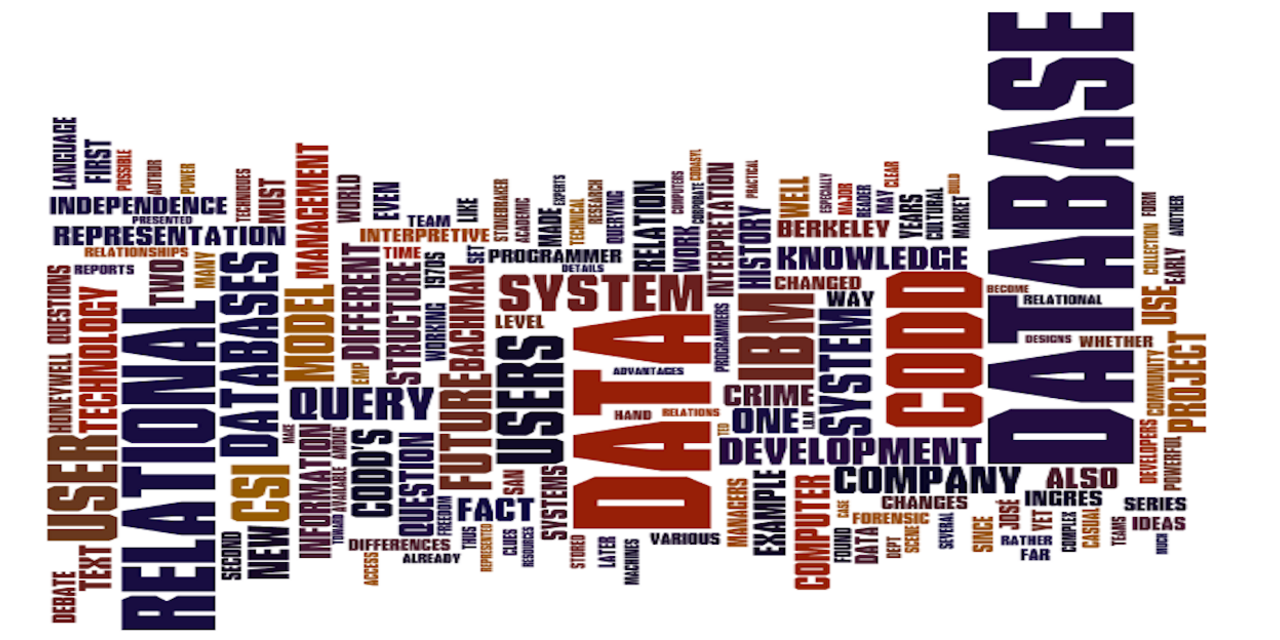

Databases are combining the fascination and the terror of any kind of surveillance. This becomes evident in all varieties of thrillers and whodunit series, and it is one of the main driving forces of the never ending debates on data security and data protection. The failure of databases might lead to the general collapse of huge technological infrastructures, whereas their success allows for the installment of customer retention programs, the management and logistics of goods in retail business or the refinement of any other marketing strategies. And vice versa. Failure and success represent the janus-faced appearance of the database. Therefore, databases provoke a whole series of questions concerning the precarious relation between maintenance and loss of control, between fantasies of totalitarian governance and the joy of individual tether.
My project aims at a critical revision of those promises of empowerment and scenarios of horror, which have been developed during the last 40 years and which marked the advent of the society of control (Deleuze). I plan to dig into those archives of journals, handbooks, public debates, literary narratives and cinematic productions which have been consumed by computer engineers, applied by private and public administrators, sustained by politicians, imagined by writers and staged and produced by the entertainment complex.
The historical analysis is focused on the change of the conditio humana under the regime of the database. Its preliminary fields of observation are: (1) Conflicts and clashes of interests where the shift from analogue to digital information systems occurred (2) The productive fiction of completeness usually sustained by databases (3) The problem of operative security and reliability of databases (4) The social and computational search patterns, including the hunt for the subject in the postmodern world (5) New possibilities and barriers of access and of retrieval.